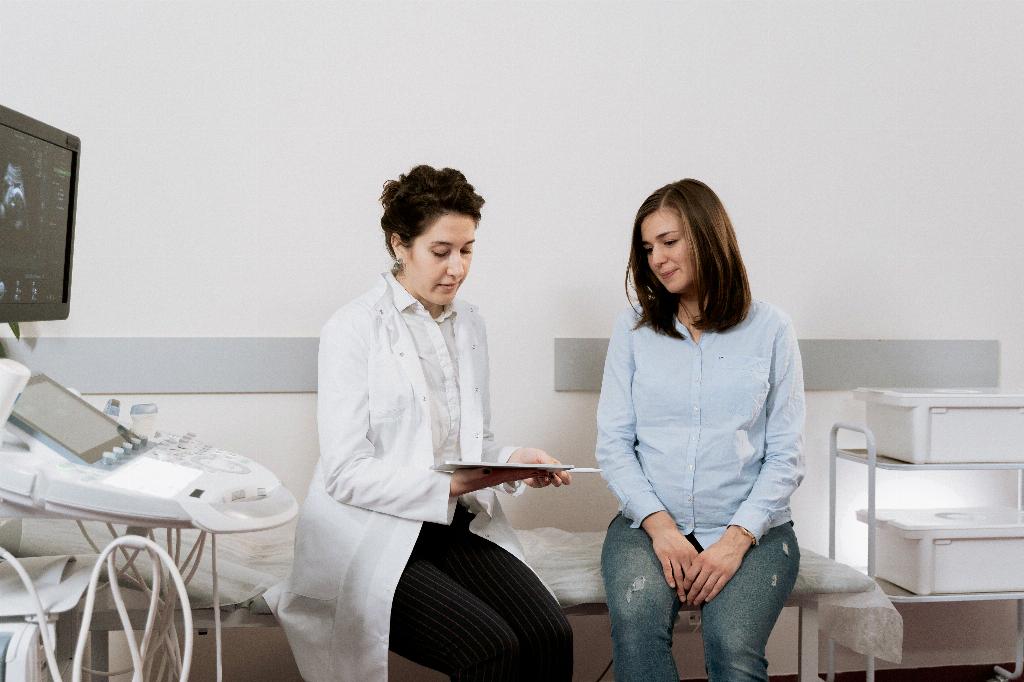When it comes to pregnancy dating, many women find themselves with the common question, “Why is my pregnancy counted from my last period?” This seemingly counterintuitive practice of counting pregnancy from the last menstrual period is actually rooted in the complexities of ovulation and gestation.
The Ovulation Conundrum
Ovulation, the process where an egg is released from the ovary, typically occurs around two weeks after your last menstrual period. However, each woman’s body is unique, and ovulation can occur earlier or later, even in those with regular menstrual cycles. This variability makes it challenging to pinpoint the exact date of conception.
The Concept of Gestational Age
Doctors calculate pregnancy duration in terms of gestational age, which begins from the first day of your last menstrual period. This method is used for simplicity and consistency, providing a standard point of reference for tracking the progress of the pregnancy.
The Uncertainty of Conception
Since fertilization can occur within a window of several days after intercourse, determining the precise moment of conception is often impractical. By dating pregnancies from the last menstrual period, healthcare providers establish a reliable starting point that aligns with the majority of conception scenarios.
Menstrual Cycles and Ovulation
Even in women with regular menstrual cycles, ovulation can vary slightly from month to month. Factors such as stress, illness, or lifestyle changes can influence the timing of ovulation, further complicating the determination of conception timing.
Growth and Development
During the early stages of pregnancy, rapid growth and development occur within the embryo and fetus. By establishing a standard starting point based on the last menstrual period, healthcare providers can more accurately monitor the progression of fetal growth and expected milestones.
Medical Guidelines and Protocols
Medical organizations and practitioners follow standardized guidelines for pregnancy dating to ensure consistent care and accurate assessments. By using the last menstrual period as a reference point, healthcare providers can offer comprehensive and effective prenatal care to expectant mothers.
Ultrasound Dating
While ultrasound scans provide valuable insights into fetal development, they also rely on the initial estimation of gestational age based on the last menstrual period. These scans help confirm the expected due date and assess the overall health and growth of the fetus.
Optimal Pregnancy Care
By dating pregnancies from the last menstrual period, healthcare professionals can offer personalized care and support to women throughout each trimester. This approach allows for timely screenings, interventions, and guidance to ensure the health and well-being of both the mother and baby.
Maternal Health Monitoring
The tracking of pregnancy from the last menstrual period enables healthcare providers to monitor maternal health closely and address any potential issues that may arise during the course of pregnancy. Regular check-ups and assessments help identify and manage risk factors effectively.
Preparing for Delivery
As the pregnancy progresses, the established dating from the last menstrual period assists in planning for the delivery and postnatal care. Healthcare teams can anticipate the approximate due date and make necessary arrangements to ensure a smooth and successful birthing experience.
Embracing the Journey
While the concept of dating a pregnancy from the last menstrual period may initially seem puzzling, it serves as a practical and reliable method for tracking the progress of gestation. Embracing this approach allows expectant mothers to receive comprehensive care and support as they navigate the transformative journey of pregnancy.

